ECO KARST - The Third Steering Committee meeting and the First Year Review meeting successfully held in Hungary
27-02-2018
The Third Steering Committee meeting was held last week (February 19 – February 22, 2018) in the Bükk National Park, Hungary. The event gathered all project partners from 9 different countries, who performed the first project review and discussed the progress on the work packages and the plans for the future.
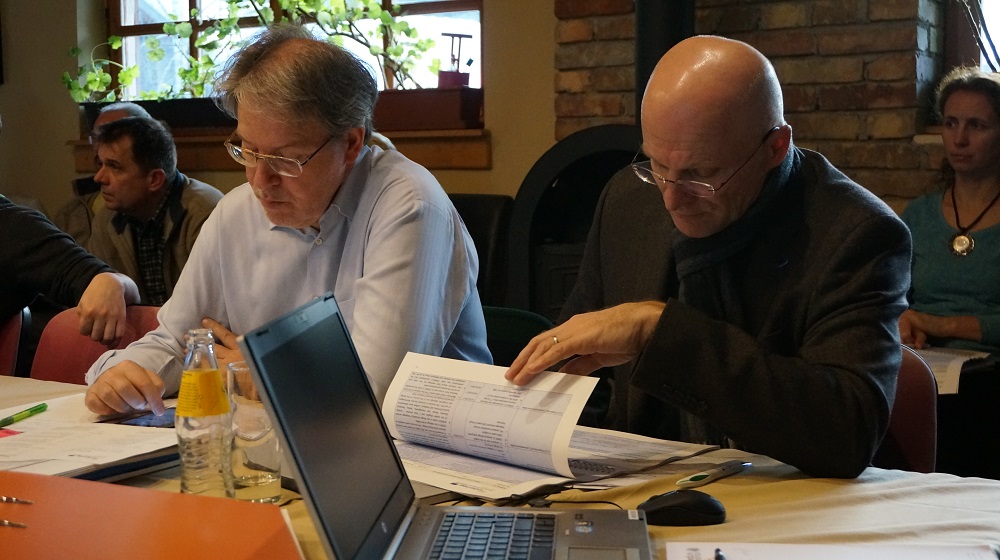
The activities included a review of the Performance and Quality Plan by all project partners, as well as the First Year Review meeting and interactive workshops. On this occasion, Mr. Gusztáv Csomor, a Project Officer from the Danube Transnational Programme, joined the ECO KARST team for a discussion on the project progress, experienced challenges and delays.
“The project implementation is proceeding well despite some of the delays in WP3, due to the higher work load that was originally expected. Additionally, the project was able to recover from the delays in communication activities since CENER21 (the new project partner from Bosnia and Herzegovina) has joined the partnership. The meeting gave the impression of the partnership having good atmosphere and working relation. My main recommendation is to keep this good spirit and performance, as well as the project partners shall find best solutions to engage the key stakeholders in the implementation in order to ensure the establishment of planned stakeholder networks, their feedback and contribution to the project activities and the development and uptake of outputs.”, concluded Mr. Gusztáv Csomor.
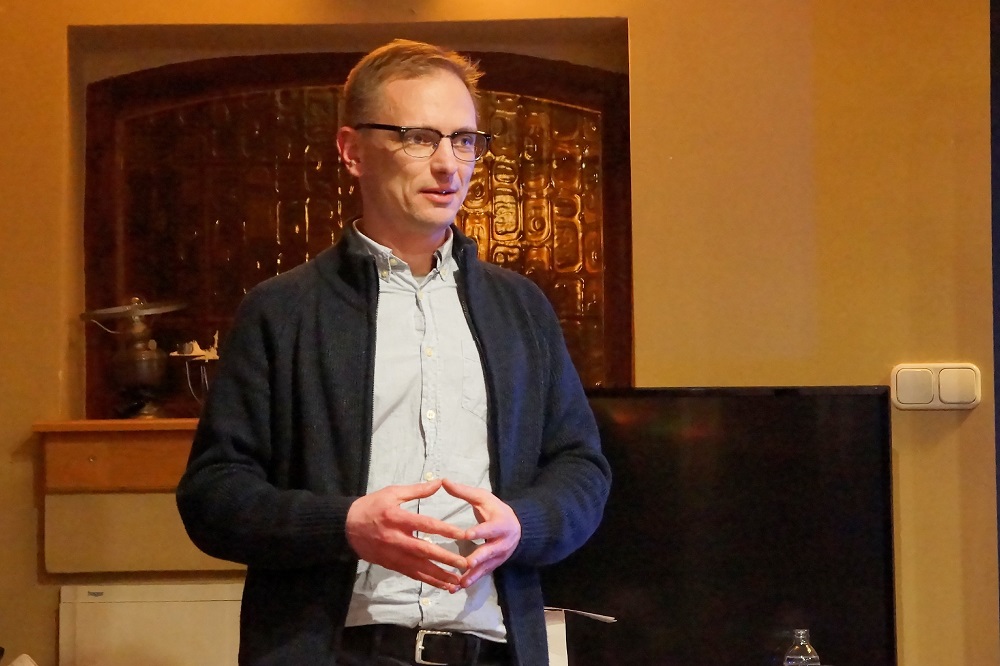
The interactive workshops where all project partners analyzed strength and difficulties in all work packages, resulted with great suggestions for the project implementation in the future. The Third Steering Committee was officially concluded with the presentations on the progress of each work package and plans for the future.
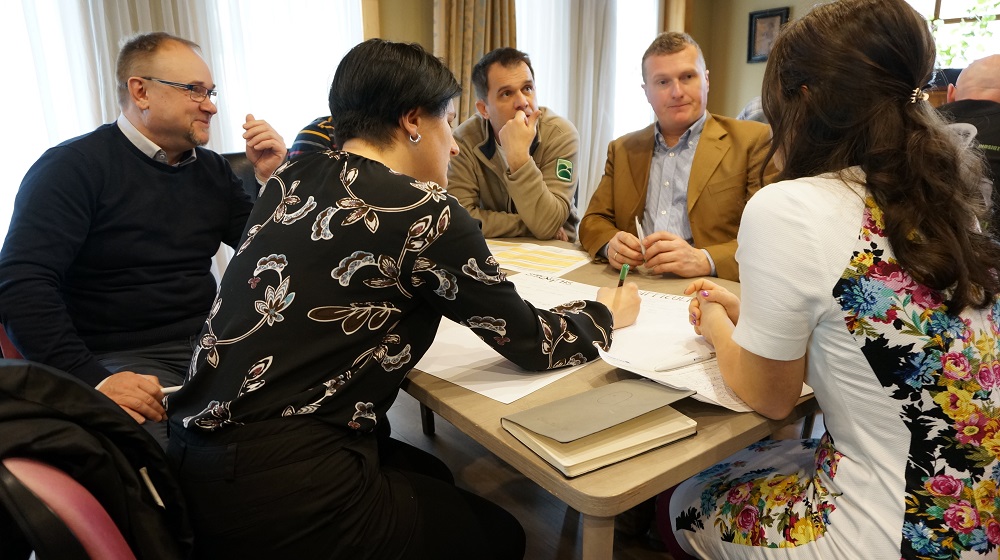
Besides meetings and workshops, a field trip was organized on the last day of the program. The field trip started with a visit to Cserépfalu village, where it was possible to see an example of the wooded pasture management. Cserépi meadow is a typical wooded pasture, with hundreds years old Turkish Oaks and Sessile Oaks. After abandonment of the animal husbandry in the 1970'-1980's the area had started to be overgrown by bushes and trees. In the framework of an operational programme supported by the EU the Bükk National Park Directorate (as a nature conservation management body) started a rehabilitation work after 2013. Young juvenile trees and shrubs were partly removed and the pastoral system (with cattles, sheet and goats) have been reintroduced.
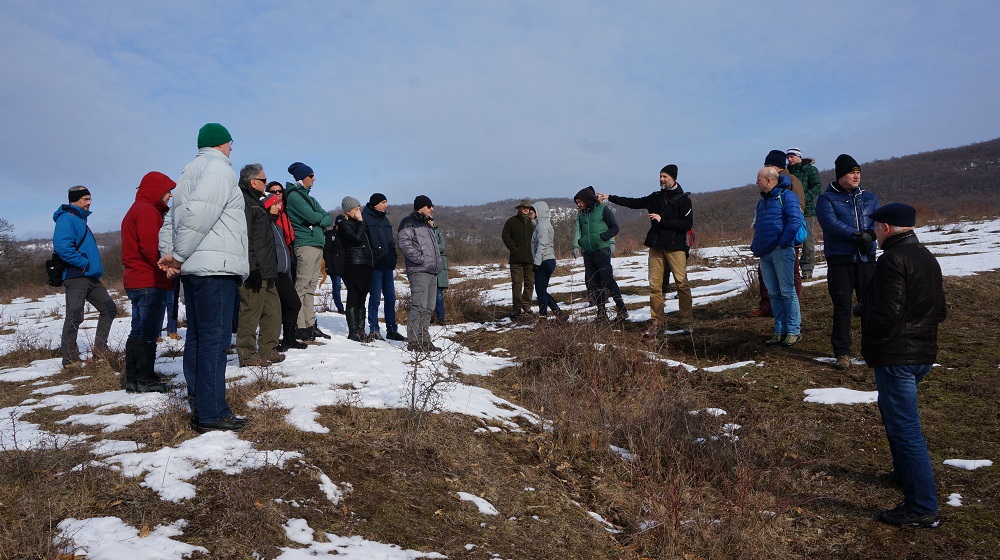
“The practice of leasing out the park's owned land to farmers on certain conditions can be a good option to keep the grasslands (and farmer) alive but great care should be taken not to overgraze the land. From the experience of revitalizing the abandoned pasture in Notranjska regional park the number of cattle should be minimal, possibly less than one grazing animal per 2 hectars during the year, in order to keep the grassland thriving and ensuring rich biodiversity at the same time”, commented Mr. Jošt Stergaršek from the Notranjska Regional park.
In this village, participants also had a chance to see an unique rock formation carved by mankind – the so-called beehive rock. A number of legends, assumptions and scientific hypotheses were created regarding the function, carvers and age of the niches of the hive stones. One of them is that the niches of the beehive rocks are mementos of the Medieval forest rock apiculture.
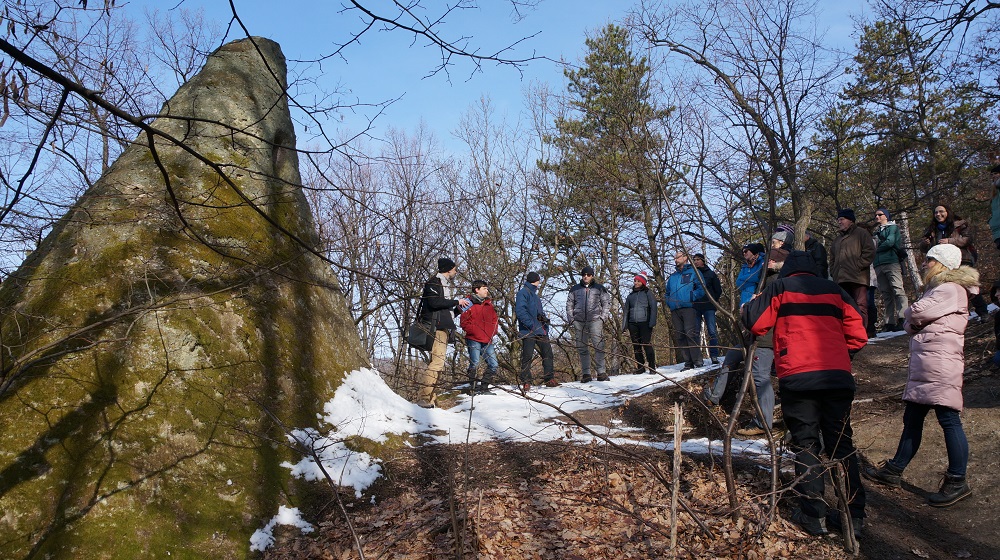
After the Cserépfalu village, the ECO KARST team explored the St. Stephen Cave in Lillafüred village. The cave was discovered in 1913. According to local legend, a dog fell into a 15-metre deep shaft, which was the cave's only natural opening. People found the cave when they rescued the dog. Some of the most beautiful dripstone structures seen there are the Mammut's Mouth, Fairyland, Column Hall and Concert Hall. The air in the cave is very clear and has a high humidity. Interesting fact about the cave is that patients with respiratory illnesses are treated here.
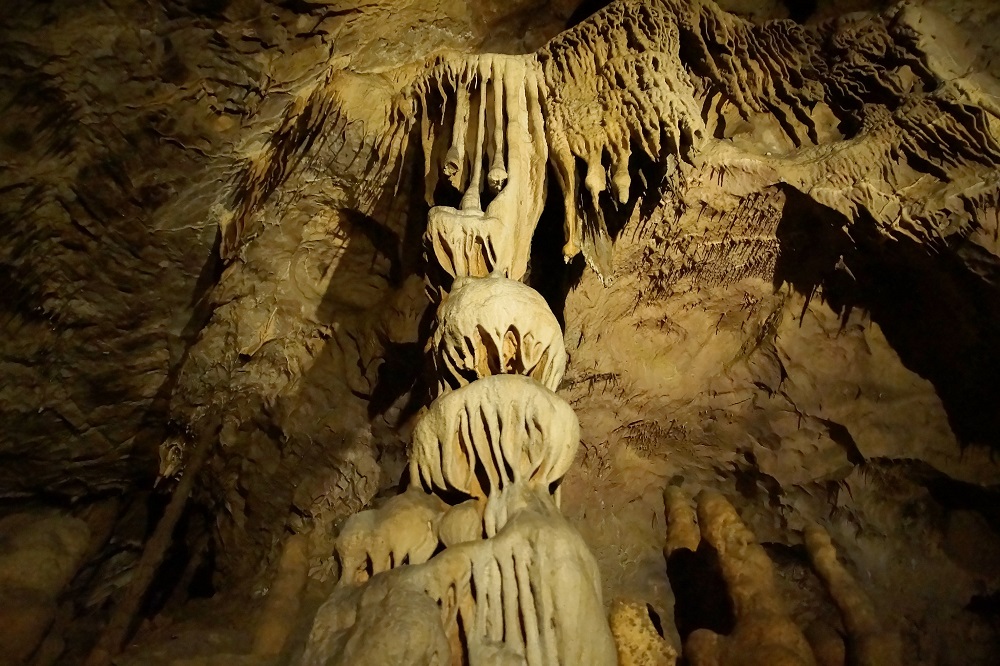
The Third Steering Committee Meeting program was evaluated as a highly successful event that resulted with a valuable feedback from the JS representative, suggestions for improvement and harmonized plan for the future. The ECO KARST team’s gratitude goes to Zsanett Laufer and Andras Schmotzer who took a great care of all logistical details during the event.
